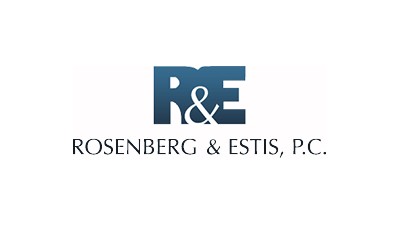NYC’s New Smoking Policy Law Gives Landlords And Tenants More Transparency On Rules And Risks Of Secondhand Smoke

After being signed into law last August, Mayor Bill de Blasio’s policy requiring multifamily landlords to create and define a smoking policy for their buildings went into effect last month. The law extends to all multifamily dwellings, including co-ops and condos.
New York City already has an existing law, the Smoke-Free Air Act, which currently prohibits smoking in the common areas of buildings with 10 or more units. The new policy adds to previous laws and now requires that landlords indicate where smoking is permitted in their buildings, which may or may not include private units.
While the law was proposed alongside others designed to discourage smoking, the new policy promotes rule disclosure between landlords and tenants. New York City landlords still have the option to choose whether they will allow or prohibit smoking in private apartments, as long as they develop a policy and disseminate it to current and prospective residents.
“The law is similar to a buyer beware policy,” Rosenberg & Estis attorney Adam Lindenbaum said. “A renter or a condo buyer will be putting down a substantial sum of money — first month’s rent and a security deposit or a down payment — and the city council has given the right to know in advance the building's smoking policy. The policy will inform them what is and isn't allowed and what the risk is, or lack thereof, for exposure to secondhand smoke.”
But the scope of these policies and how they should be enacted and enforced remains open-ended, prompting building owners to ask for clarity, Lindenbaum said. The law doesn’t have a clear procedure in place for enforcement or violations of building policies. It also leaves the definition of what constitutes smoking, from tobacco to electronic cigarettes, undefined.
Should landlords want to create a smoke-free building, mechanisms for that policy should already be included in the leasing documents, or bylaws in the case of a condo or co-op. If no language exists in the current lease to restrict smoking, it will have to be updated.
“What remains to be seen is the result where a landlord’s smoking policy has an enforcement procedure, but it is not followed or made available to tenants,” Lindenbaum said.
Enforcement could be a difficult aspect of the policy. Due to the amorphous nature of smoke, it becomes difficult to find the source of the problem. Heavy smoking from a smoker-designated area, like a private unit, could also cause smoke to spill out into common areas, which could create a gray area over whether a rule has been violated. The policy leaves these determinations up to the building owner, who must carefully develop a policy for every space in the building, as well as decide what kind of penalty system should be enforced for policy violations.
“This policy requirement doesn’t change the concept that smoke can be annoying or infringe on other's use and enjoyment of property,” Lindenbaum said. “This law is really about disclosure, so everybody understands what the ground rules are.”
Building owners will have to wait to see how the policy evolves, and whether the city will issue any clarification. Owners should also be aware that they must renew their smoking policy yearly. Lindenbaum recommends making policies auto-renewable and reviewing the policies again only if they need to change.
“In addition to disclosure for current and prospective occupants, the new law has given landlords, condo associations and co-op boards the opportunity to take a step back and think about what is best for their particular building,” Lindenbaum said.
This feature was produced in collaboration between Bisnow Branded Content and Rosenberg & Estis. Bisnow news staff was not involved in the production of this content.

